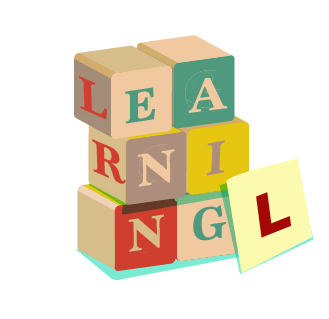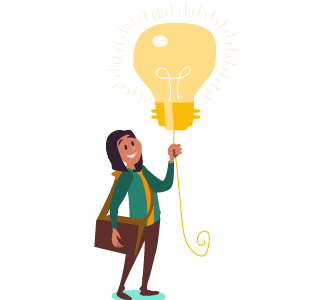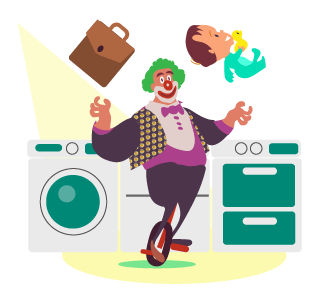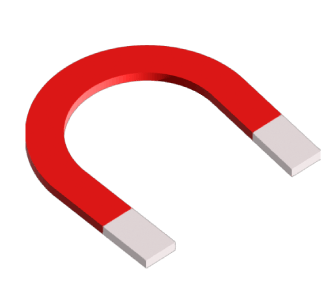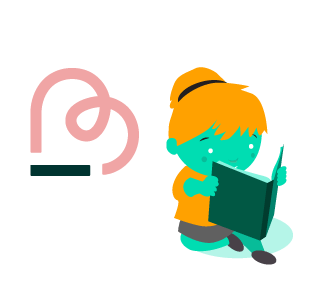For someone with no coding experience, I found learning to code a serious challenge. I learnt how to do it, then quickly realised that what I wanted to do would require more knowledge than I had at the time. I had to scratch the surface on the challenge, and unfortunately, there’s no quick fix for something that requires more knowledge and experience. Einstein summed it up when he said ‘The more I learn, the more I realise how much I don’t know.’ But dedicating my time to coding has quickly taught me an unexpected skill I already thought I had nailed: the ability to learn.
We’re always learning, and every day is indeed a school day. But I’ll be the first to admit that at school I learnt because I was there rather than because I really wanted to; this is the first period of my life where I feel dedicated to learning.
We’re always learning, and every day is indeed a school day. But I’ll be the first to admit that at school I learnt because I was there rather than because I really wanted to; this is the first period of my life where I feel dedicated to learning.
Much like playing the guitar or learning a language, when you first start you will be rubbish. Nothing goes in, stuff doesn’t make sense, and you feel like you’re going nowhere. You can spend hours making limited progress and wonder whether anything is actually registering.
I found that my hopes and expectations were quickly dashed, and my dream of becoming an expert coder in two weeks was never going to happen. It’s quite a sombre pill to swallow.
Unfortunately, this is the reality of starting a new skill: your enthusiasm is at its highest but your skill is at its lowest. This situation probably explains why we take up hobbies; buy all of the equipment then give up shortly afterwards. We’re all realising how much work it’s going to take and then deciding not to climb the hill.
I’m now realising that the best approach is to fully accept you’re a beginner and to understand how much work it’s going to take to get you where you want to be. Accepting this might sound silly, but it keeps you grounded rather than letting your imagination carry you away. I’m a dreamer, but I don’t want to let my dreams underestimate the amount of work it takes to get there.
You can only learn so much per day
I find that after I reach a certain point, I can’t learn any more on that subject that day. I find that I can do around five hours of learning in a day, but after that point, I simply can’t process information efficiently. This was a difficult lesson for me, but learning to stop is important. It doesn’t mean you can’t learn something else; just leave that one task for tomorrow.
Meg (my fiancée) lovingly taught me this point as I spoke of my frustrations to her. Even if I found the idea of stopping ridiculous, I think my brain can only process so much information. Realise when you reach that point and learn to stop rather than continue to try fruitlessly.
Remember, sleep is your friend. When you’re asleep, your brain processes everything that has happened throughout the day. I find that if I stop and wait for the next day, I’m far more productive and can complete yesterday’s task with far more ease. At university, I always crammed before an exam, but if I knew what I do now then I wouldn’t have done so. I don’t think my brain works in that way.
Choose your best time
By learning, I have discovered that my most productive time is between 7.00am and 11.30am, so I try to get in as much learning as I can in that time. A friend of mine has his moment from 10.00pm to 2.00am. Find out when your time is and do your learning then.
If you want to move as quickly as possible then you need to prioritise your learning to when you are at your best. I appreciate I am lucky to have the time to choose my work hours, so if you’re in the position to choose then play to your strengths. I wake up at 6.00am every morning to make sure I start bang on 7.30am.
You’ll never get to perfect, so you need to get on with it
There’s no point waiting until you understand everything as that day will never come. Instead, you simply have to get on with it. It might sound obvious, but if you start things earlier then you can build on what you’ve learnt…
You move much quicker when you work at the edge of your skills. Being comfortable means you move slowly because you’re trying to learn more than you need. By working on things whilst you learn, you learn to recognise which skill areas you really need to build on rather than trying to learn everything. Learning to learn means learning to learn what is vital rather than ideal. When you are starting your own business, recognising the difference is important.
It’s a marathon, not a sprint
Remember you’re not in this for the short term; it’s not like a work project that has to be finished by a deadline. When learning, you need to move as quickly as you can, but destroying yourself trying to learn won’t make you move any quicker.
I find that you need to take each day as it comes and to focus on what you’ve learnt, and compartmentalise each of your learning stages. It won’t feel like much, but when you look back you’ll realise how much you have learnt.
I have days where I’m learning really difficult topics, but sticking to it and remembering what you’re trying to do in the long term really puts the short term challenges into perspective. After all, life would be boring if everything was quick and easy.
Learning to learn
Naturally, these are my lessons. I try to work and learn in a way that suits me, but that might not be suitable for everybody. Everyone is different and we all approach the same problem in different ways.
My point is simply this: learn to be aware of your learning style and what works for you, and then work on that style to make yourself as productive as possible. Being aware of yourself is often the missing 1% that can help you get ahead. I’m only learning this now – think of what could have happened if I ‘d started learning to learn at 16. Food for thought indeed!
